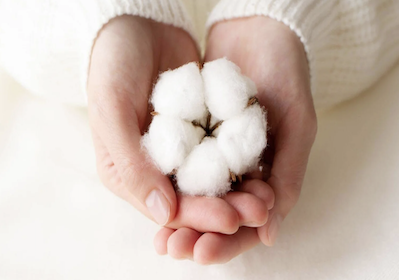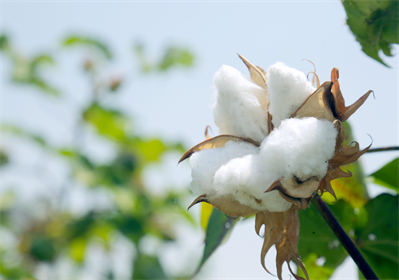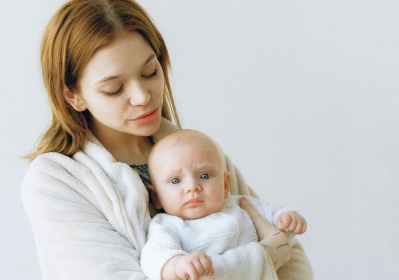 Can Adult Diapers with Stretchable Waistbands Provide a Secure Fit?
Can Adult Diapers with Stretchable Waistbands Provide a Secure Fit?
 Are Disposable Adult Diapers with Breathable Fabrics Better for Sensitive Skin?
Are Disposable Adult Diapers with Breathable Fabrics Better for Sensitive Skin?
 How Do Organic Cotton Maxi Pads Support Heavy Flow Days Without Feeling Bulky?
How Do Organic Cotton Maxi Pads Support Heavy Flow Days Without Feeling Bulky?
 Are Chemical-Free Feminine Care Products Like Organic Cotton Pads Safer for Intimate Health?
Are Chemical-Free Feminine Care Products Like Organic Cotton Pads Safer for Intimate Health?
 How Do Natural Cotton Sanitary Napkins Compare in Absorbency to Traditional Pads?
How Do Natural Cotton Sanitary Napkins Compare in Absorbency to Traditional Pads?
 Do Organic Cotton Sanitary Pads Really Offer Better Hypoallergenic Protection?
Do Organic Cotton Sanitary Pads Really Offer Better Hypoallergenic Protection?
 Can XXL Baby Pull Up Pants Replace Toddler Underwear? A Practical Guide
Can XXL Baby Pull Up Pants Replace Toddler Underwear? A Practical Guide
 Potty Training Made Easy: How to Use Baby Pull Up Pants for Independence
Potty Training Made Easy: How to Use Baby Pull Up Pants for Independence
 When to Switch from Diapers to Baby Pull Up Pants: A Parent’s Guide
When to Switch from Diapers to Baby Pull Up Pants: A Parent’s Guide
 Address: 9A, Agricultural Bank of China BLDG, Quanxiu RD, Quanzhou, Fujian, P.R China, 362000
Address: 9A, Agricultural Bank of China BLDG, Quanxiu RD, Quanzhou, Fujian, P.R China, 362000 Tel : +86 595 22169080
Tel : +86 595 22169080 Email : info@tiicopaper.com
Email : info@tiicopaper.com WhatsApp : +852 5321 5213
WhatsApp : +852 5321 5213
